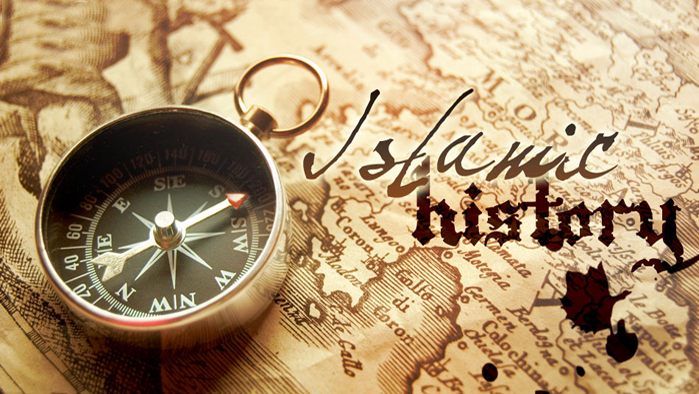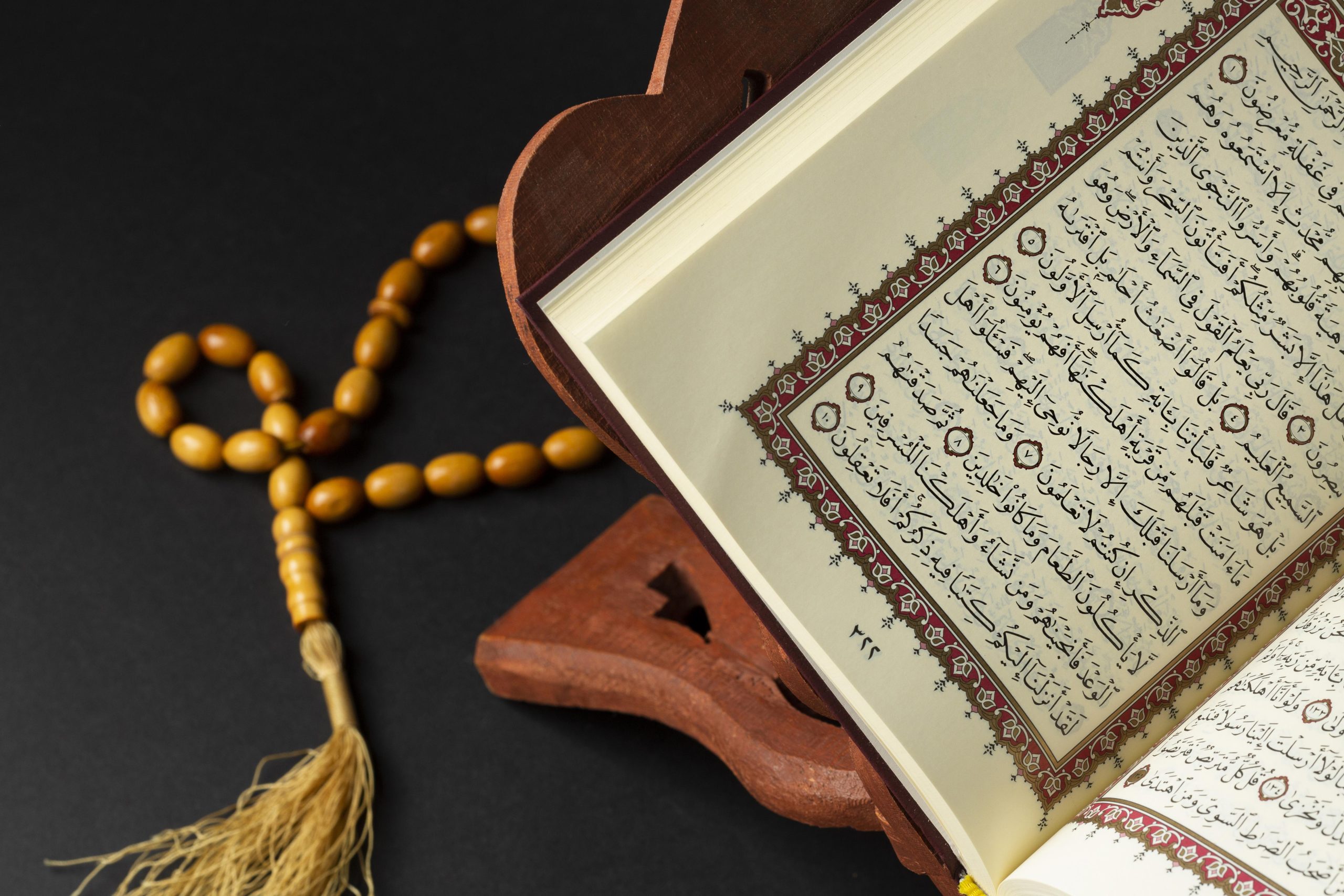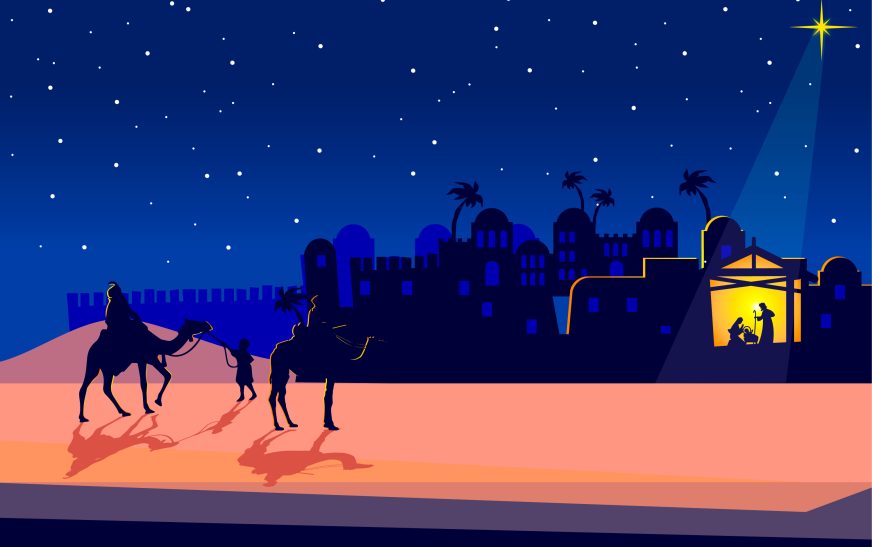The history of Islam and Christianity is marked by centuries of interaction, dialogue, and at times, conflict. This narrative delves into the intertwined journey of these two major world religions, exploring key moments, theological developments, and the evolving relationship between Islam and Christianity.
Origins and Founders:
Islam and Christianity trace their origins to different prophets but share common Abrahamic roots. Christianity emerged from the teachings of Jesus Christ (Yeshua), whom Christians believe to be the Son of God and the Messiah. Islam, on the other hand, was founded by the Prophet Muhammad (peace be upon him), who received divine revelations from Allah through the Angel Gabriel.
Theological Differences and Similarities:
One of the fundamental theological differences between Islam and Christianity is the concept of the Trinity. Christians believe in the Trinity, comprising God the Father, God the Son (Jesus Christ), and God the Holy Spirit. In contrast, Islam emphasizes strict monotheism (Tawhid), rejecting the Trinity and affirming the oneness of Allah.
Despite theological differences, Islam and Christianity share several core beliefs, including belief in one God, prophetic tradition, moral teachings, and the importance of prayer, charity, and compassion. Both religions also emphasize the Day of Judgment and the accountability of individuals for their actions.
Early Interactions and Spread:
During the early centuries of Islam and Christianity, interactions between followers of both faiths occurred through trade, travel, and cultural exchanges. Muslim scholars translated Greek and Roman texts into Arabic, preserving and transmitting knowledge that later influenced European Renaissance thinkers.
The spread of Islam and Christianity led to encounters and interactions in various regions, including the Middle East, North Africa, Spain (Al-Andalus), and the Mediterranean. These interactions contributed to the exchange of ideas, languages, art, and scientific advancements.
Medieval Period and Crusades:
The medieval period witnessed both cooperation and conflict between Islam and Christianity. Muslim-ruled Al-Andalus (Islamic Spain) became a center of cultural exchange and intellectual collaboration, fostering advancements in science, philosophy, and art.
However, the Crusades, a series of military campaigns launched by European Christians to recapture Jerusalem and the Holy Land from Muslim control, resulted in prolonged conflicts and tensions between Muslims and Christians. The Crusades left a lasting impact on the historical memory and narratives of both Islam and Christianity.
Golden Age of Muslim Civilization and Christian Influence:
The Golden Age of Muslim civilization (8th to 14th centuries) witnessed remarkable advancements in science, medicine, mathematics, astronomy, and philosophy in the Islamic world. Muslim scholars, influenced by Greek, Persian, and Indian knowledge, made significant contributions that later influenced European Renaissance thinkers.
During the Renaissance, Europe experienced a revival of classical learning, art, and culture, with Christian scholars rediscovering ancient texts and engaging with Islamic intellectual heritage. Figures like Thomas Aquinas and Avicenna (Ibn Sina) bridged the intellectual traditions of Islam and Christianity, contributing to theological dialogue and philosophical synthesis.
Modern Era and Interfaith Dialogue:
In the modern era, Islam and Christianity continue to coexist globally, with efforts toward interfaith dialogue, understanding, and collaboration. Interfaith initiatives, dialogues, and joint projects promote mutual respect, peaceful coexistence, and common values shared by Muslims and Christians.
Challenges and Opportunities:
While Islam and Christianity have historical and theological differences, there are also opportunities for dialogue, cooperation, and mutual understanding. Challenges such as religious extremism, sectarianism, and political conflicts require concerted efforts from both communities to promote peace, tolerance, and respect for diversity.
Conclusion:
The history of Islam and Christianity is a complex and dynamic journey marked by encounters, exchanges, conflicts, and cooperation. Despite differences, both religions share common values, ethical teachings, and a shared heritage that can serve as a basis for fostering dialogue, reconciliation, and a world of peaceful coexistence










